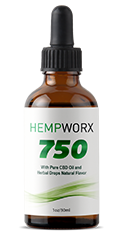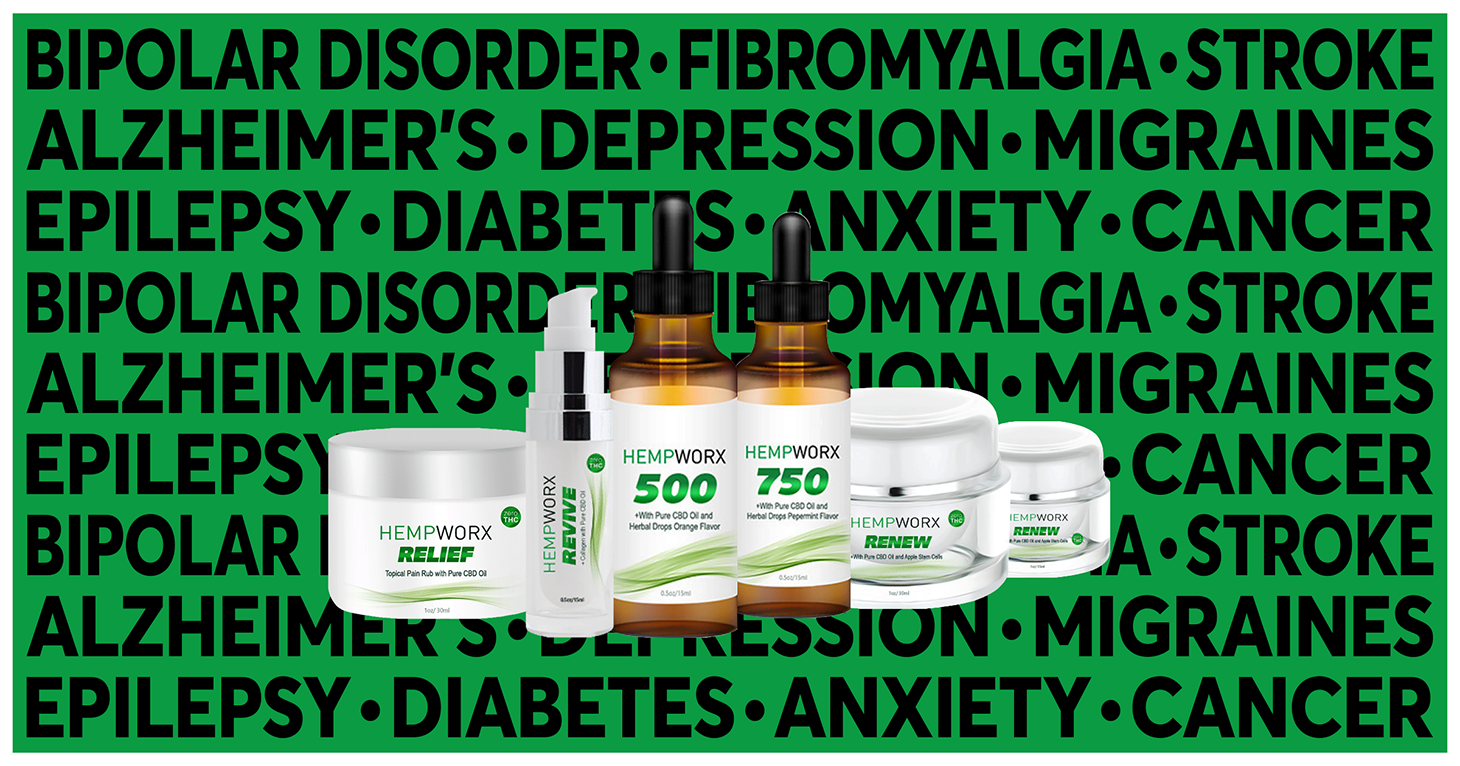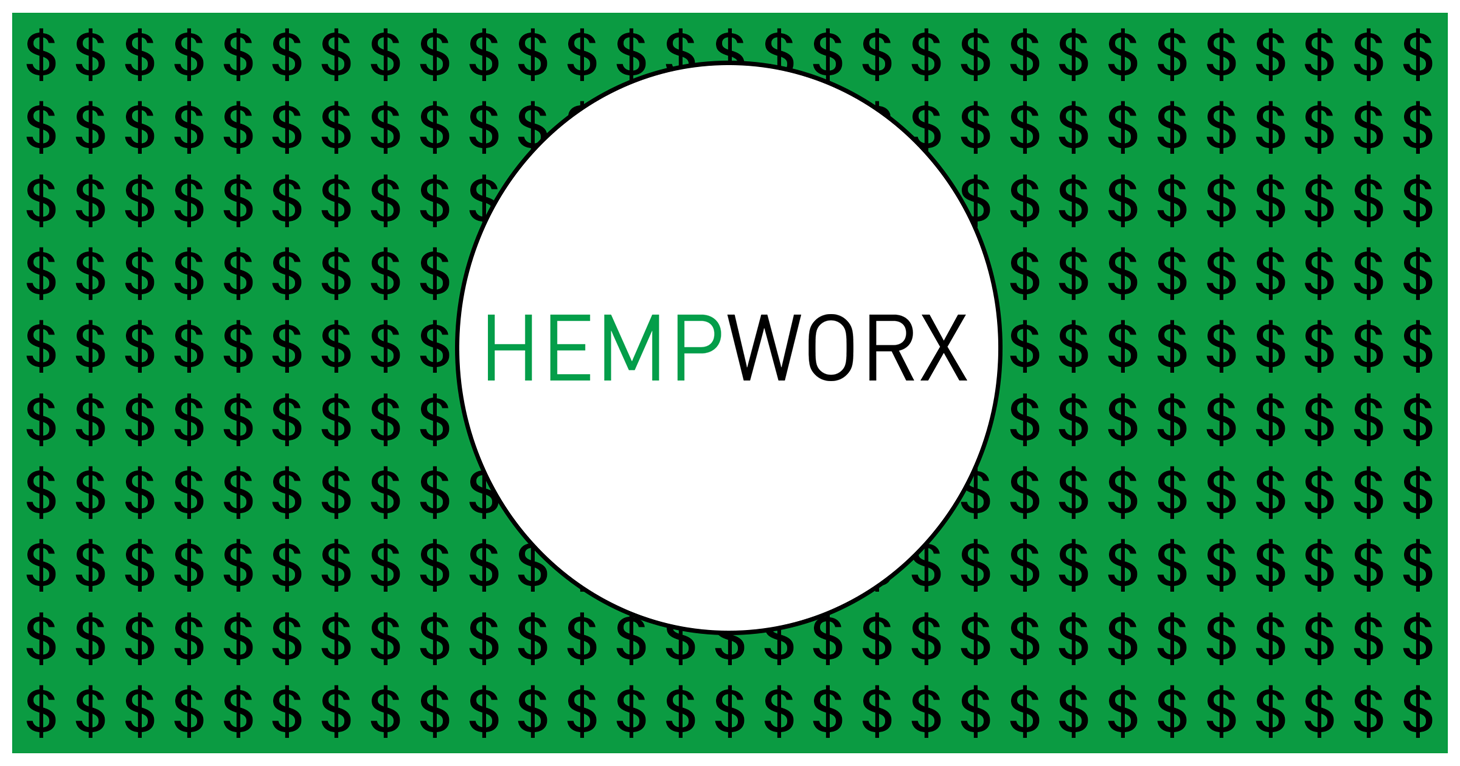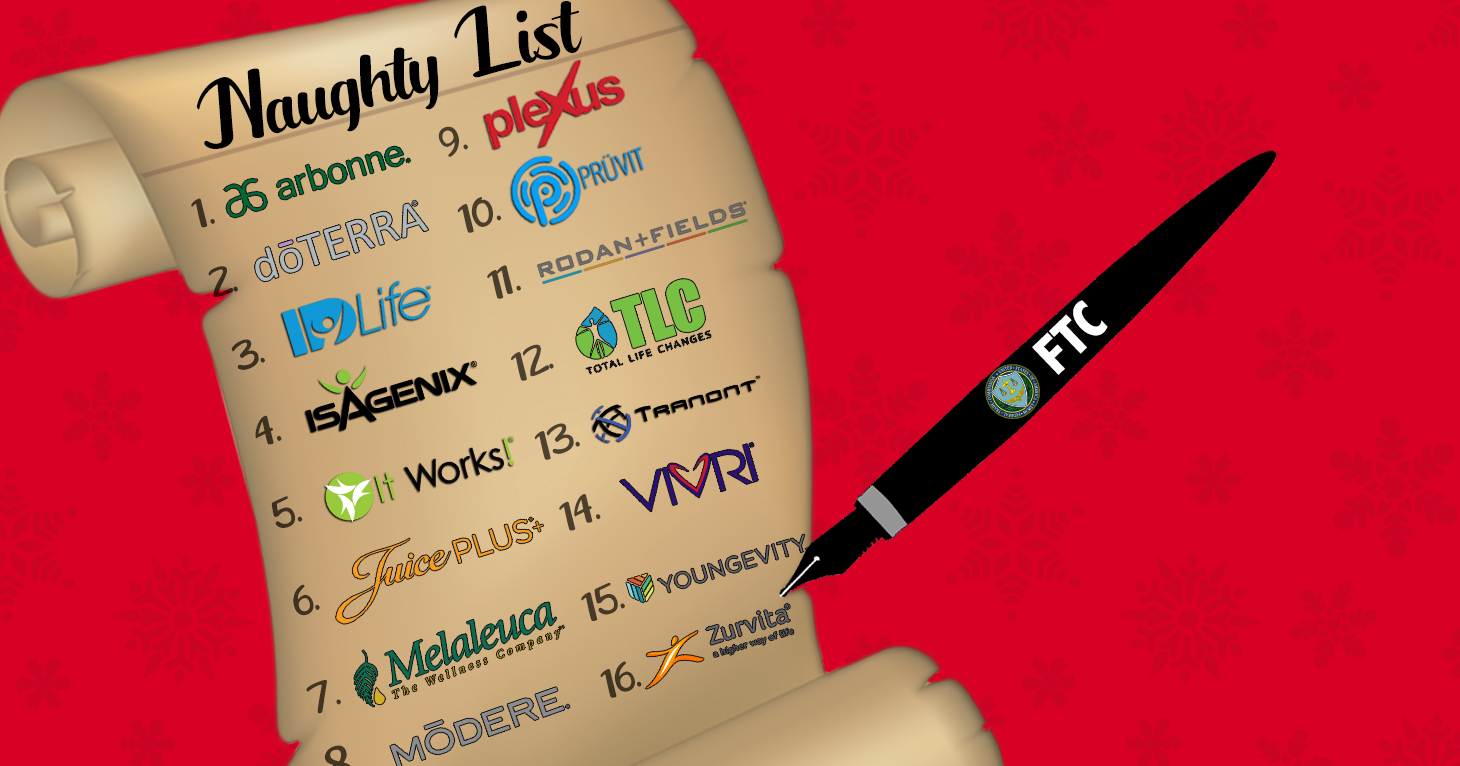
What You Should Know about USANA
Supplement MLM takes down dozens of deceptive claims following TINA.org investigation.
Pot MLM blows smoke when it comes to health and income claims and the purported legality of its CBD oil.
|
Building a Hempire starts with HempWorx, or so the Las Vegas-based pot Multilevel Marketing – a way of distributing products or services in which the distributors earn income from their own retail sales and from retail sales made by their direct and indirect recruits. says. But what the marketing pitch leaves out is plenty and worth a read if you’re considering joining up with this MLM. Here’s what you should know about HempWorx.
Before there was HempWorx, there was My Daily Choice, an MLM whose main products pre-HempWorx were supplements that you spray into your mouth. Josh Zwagil started My Daily Choice in November 2014, a month after ending a five-year run with an automotive products MLM, Syntek Global, where he rose to the highest rank of Blue Diamond Executive, according to his LinkedIn page. (Fun fact: After Zwagil left Syntek Global, the MLM filed a lawsuit against its longtime president, John Winterholler, alleging, among other things, that he went behind the company’s back and against its interests to market and sell a competitor’s products.)
 HempWorx did not come into the picture until May 2017, when it merged into My Daily Choice and became its flagship product, supplementing the line of “nutritional sprays” promoted for everything from weight loss (Trim 365) to cognitive function (simply, Brain). The idea for HempWorx came in the waiting room of a doctor’s office. “I was really sick,” Josh’s wife, Jenna Zwagil, said in a recent interview in which she recounted the visit. As the story goes, in 2014, she was diagnosed with celiac disease. She cut gluten out of her diet but wasn’t getting better. As she waited to be called in for her appointment, she started reading an article on her phone on “the power of cannabis” in treating autoimmune disorders like hers. When she finished the article, she said, she walked out of the office without seeing the doctor to immediately seek out cannabidiol or CBD. Josh and Jenna Zwagil’s “How We Met” story, posted on a shared Facebook account, picks it up from there:
HempWorx did not come into the picture until May 2017, when it merged into My Daily Choice and became its flagship product, supplementing the line of “nutritional sprays” promoted for everything from weight loss (Trim 365) to cognitive function (simply, Brain). The idea for HempWorx came in the waiting room of a doctor’s office. “I was really sick,” Josh’s wife, Jenna Zwagil, said in a recent interview in which she recounted the visit. As the story goes, in 2014, she was diagnosed with celiac disease. She cut gluten out of her diet but wasn’t getting better. As she waited to be called in for her appointment, she started reading an article on her phone on “the power of cannabis” in treating autoimmune disorders like hers. When she finished the article, she said, she walked out of the office without seeing the doctor to immediately seek out cannabidiol or CBD. Josh and Jenna Zwagil’s “How We Met” story, posted on a shared Facebook account, picks it up from there:
Within a few hours of trying the oils (procured from a farm in Kentucky, where HempWorx says it now gets all its CBD oil) Jenna began to feel better. Within a week her health began to restore itself. Within a month, she no longer had any symptoms from what she felt like was a debilitating disorder.
“There is a solution to your pain, your anxiety, your digestive diseases, whatever people are facing,” Jenna said in the interview, “and that’s kind of been the beginning of HempWorx.”
Which is as good a segue as any for our next section…

While Jenna’s “How I cured my celiac disease” story is inspiring and research into the therapeutic effects of CBD is promising, especially in the treatment of seizures and other neurological disorders, the FDA is clear: Marketing supplements as having the ability to treat, cure, alleviate the symptoms of, or prevent developing diseases is simply not permitted by law. Yet that has not stopped Jenna and distributors from claiming that HempWorx treats a number of diseases, including Parkinson’s, multiple sclerosis, AIDS and cancer, often as an alternative to traditional treatments. In fact, TINA.org has amassed a database of more than 100 inappropriate and illegal health claims. They include:
To date the FDA has only approved one drug containing CBD and that was only after it was shown to meet rigorous scientific standards. Last November, the FDA shipped warning letters to four CBD companies for making unproven health claims. Last summer, Josh Zwagil warned distributors to avoid using words like “cures,” “prevents,” and “treats” in the marketing of HempWorx products because regulators like the FDA are keeping close watch, the Canadian Broadcasting Company reported. Clearly, that message was not received by all distributors. (See more on the legal issue in the last section of this article.)

When discussing the earnings of its distributors, an MLM may not make deceptive use of unusual earnings realized only by a few distributors without running afoul of the law. Likewise, a failure to disclose that the structure of a program ensures that the vast majority of consumers cannot achieve substantial income is deceptive under the law.
Josh Zwagil appears to cross both these lines when he claims in an “opportunity” video that those “looking to go all in and build a full-time income” can do so with his MLM, without disclosing what the company’s Policies and Procedures make abundantly clear — which is that most distributors spend more on products than they earn in the compensation plan (See next section). Top HempWorx distributor Judy Stallings, who has been introduced at conventions as the “first-ever 250K affiliate,” has also used inappropriate income claims to bring people into the MLM, writing on her Facebook page last December:
If you have been thinking of joining MDC/HempWorx — right now is a great time!!! Why join me? Because I am the top ranked affiliate in the company with less than 6 months in … Ready to get to work and help ease the daily worries of paying the bills, getting out of debt or just having a better life in general?
Zwagil’s and Stallings’s misleading earnings claims are just two of the more than 50 examples in a TINA.org sampling. Here are a few others of note:
How are these rare individuals making money, if what they are claiming is true? The answer may have more to do with recruitment than product sales. As Josh Zwagil explains in the opportunity video, when discussing how one aspect of the compensation plan — jump start bonuses — work:
If you enrolled 10 people at the executive package, you would earn $100 times 10 — $100 times 10 is $1,000. If those 10 people all went out and brought two people in at executive, that’s 20 new people — 20 people times $20 is $400. If those 20 people went out and recruited new people and these people went out and recruited more people, as you can see the jump start bonuses add up very quickly.
HempWorx distributors have also emphasized “the power of recruiting” in order to be successful. But here’s the thing: If making money as a distributor depends more on a person’s ability to recruit others than sell product, the vast majority of distributors will inevitably fail. Moreover, a de-emphasis on product sales opens an MLM to criticism of operating a pyramid scheme.
While distributors talk about getting out of debt and achieving “financial freedom” with HempWorx/My Daily Choice, the companies’ shared 21-page Policies and Procedures says it’s “very possible” you will not make any money at all as a distributor. In fact, it states that most distributors “earn less money each month in the compensation plan than they are paying for their products.” To put that more bluntly, most distributors lose money.
But that’s not the only thing in this telling document — which serves as a binding contract for distributors — that’s worthy of your attention, even if it is buried at the bottom of both the HempWorx and My Daily Choice sites. A few others, in the order they appear:
If you want an idea of how murky the waters are surrounding the legality of CBD — which, depending on who you ask, is either a “distant cousin” or “sister” to tetrahydrocannabinol or THC, the psychoactive compound in cannabis that, unlike CBD, causes a high — consider the developments of just the last few weeks.
During this time, both the FDA announced that it had approved the “first drug containing cannabidiol” for epilepsy and a spokeswoman for the DEA, commenting generally on the agency’s reported seizure of hemp destined for a CBD oil manufacturer in North Carolina, said that “as far as the federal government is concerned, CBD oil is illegal.” That’s two federal agencies that both have the word “drug” in their names appearing to contradict each other, mere weeks apart. So suffice to say, it’s cloudier than a Cheech and Chong cast party right now.
What is clear, though, is the DEA’s classification of all cannabis extracts as Schedule 1 controlled substances. Even as more states “legalize it,” all forms of cannabis are still illegal under federal law. And that’s a problem for HempWorx distributors who have to move product. As the DEA spokeswoman told the Port City Daily news site in North Carolina, where marijuana is illegal but decriminalized: “The plant, for human consumption, is illegal, bottom line. If you ship it — then that’s interstate commerce, that’s trafficking, and so that’s a problem.”
Josh Zwagil doesn’t think so. Referencing a bill that is often cited as evidence that hemp-derived CBD with trace amounts of THC is legal (there are restrictions), Zwagil said recently:
There’s a 2014 Farm Bill that pretty much states that if you have less than .03 percent THC, that it’s 100 percent legal to ship your products across state lines.
Then again: Zwagil also says, through his company’s Policies and Procedures (see above section), that you should talk to a lawyer before joining HempWorx as “laws differ according to jurisdiction,” which does not make it sound “100 percent legal.” He also gets the percentages wrong: it’s .3 percent THC, not .03 percent THC, which further supports the notion that perhaps you shouldn’t rely on him regarding cannabis laws.
The bottom line: While Zwagil and distributors suggest that hemp-derived CBD is perfectly legal, that’s not the view of federal law enforcement.
TINA.org reached out to the Zwagils, the company’s founders, for comment. Erin McGinnis, HempWorx’s director of compliance, responded with a statement indicating the company is in the process of reviewing every item in the above article and every entry in the health and income claims databases TINA.org compiled. As of 9/6/18, HempWorx had removed 83 of more than 100 health claims and 35 of more than 50 income claims. In addition, McGinnis said HempWorx has suspended several distributors and terminated one in response to TINA.org’s findings.
Find more of our coverage on multilevel marketing, aka the day job that doesn’t pay, here.
This article was updated 9/11/18.
Supplement MLM takes down dozens of deceptive claims following TINA.org investigation.
Deceptive health and income claims, including some tied to COVID-19, persist in wake of warning from the feds.
MLM’s health claims fail to stand up to an increased level of scrutiny amid a worldwide pandemic.


